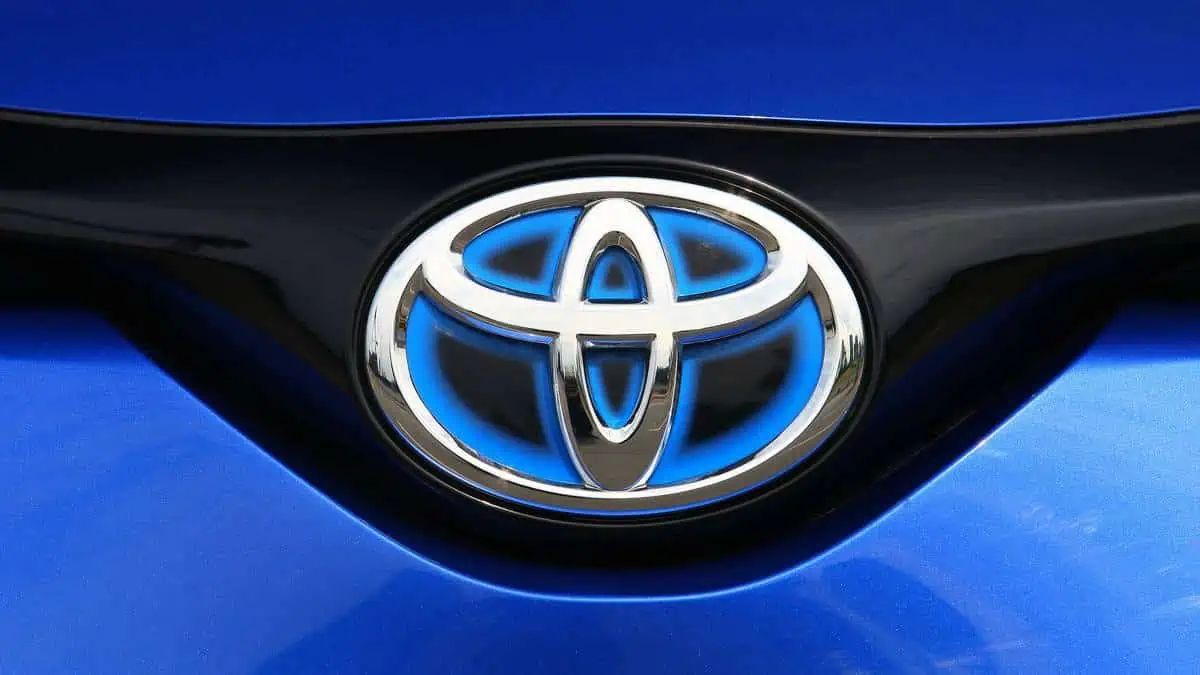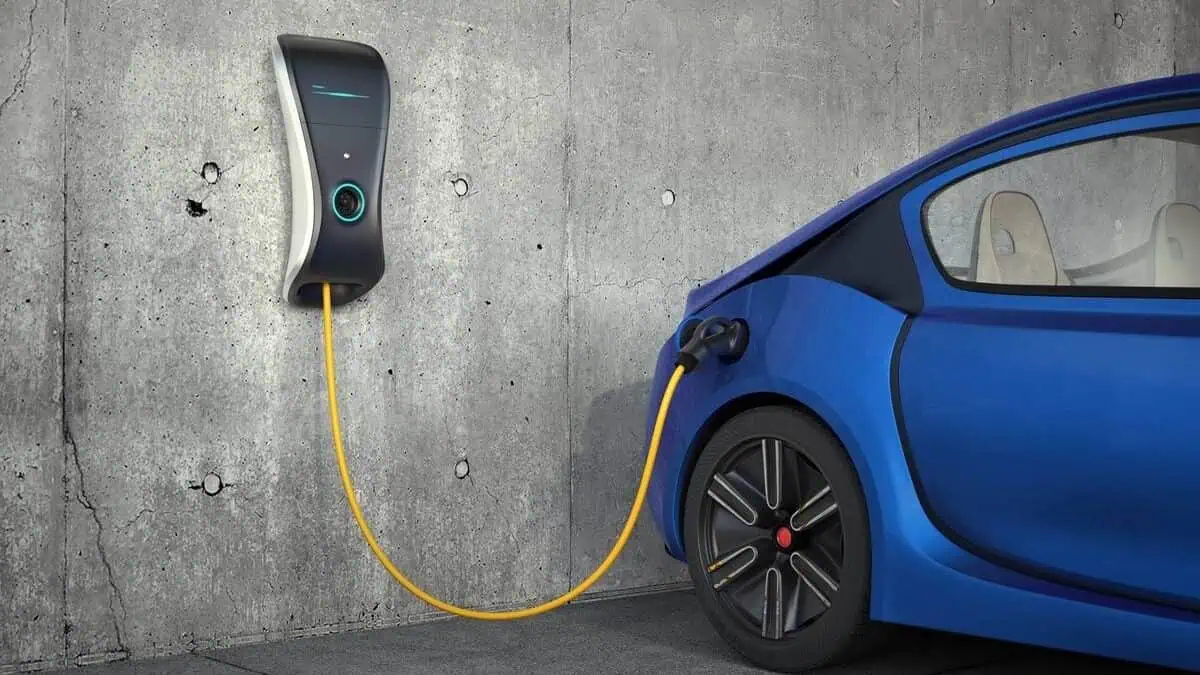Japanese legacy automaker Toyota forecasts a slower electric vehicle uptake through 2030 compared to the Environmental Protection Agency’s (EPA) set targets last year, Automotive News reports.
In effect, Toyota decided to focus on natural customer demand rather than “waste” funds on electric vehicle development.
“Wasted investment”
According to Toyota Motor North America Chief Executive Ted Ogawa’s remarks in an exclusive interview, the Japanese automaker believes that 2030 regulations expect the new-car market to consist of 50% BEVs. However, Toyota only expects it to be about 30% due to customers’ stronger demand for alternatives.
“I know that EPA is now reconsidering what the regulation level should be. However, again, our starting point is what the customer demand should be. So, for example, 2030 regulations said the new-car market, more than half of it should be BEV, but our current plan is like 30 percent. We are respecting the regulation, but more important is customer demand.”
Ted Ogawa, Toyota Motor North America Chief Executive
In that sense, Toyota apparently decided to buy emissions credits to meet climate targets instead of wasting money and efforts on all-electric vehicles without customers ready to buy them yet.
“Regulation-wise, we would have to prepare something like credit purchase. It’s difficult to say, but it’s not better. Wasted investment is worse than the credit purchase.”
Ted Ogawa, Toyota Motor North America Chief Executive
Toyota puts more focus on customers’ demand
Toyota indeed has a wide range of plans for its electrification push. As of today, it currently only sells two all-electric vehicles under its brands in the US, including the Toyota bZ4X and Lexus RZ450e.
CEO Ogawa noted that 2024 is the “starting year” of Toyota’s scheme to widen its electric vehicle lineup as part of its “multipath” strategy, including a wide range of electrified vehicle options to meet customers’ preferences.
When asked about the criticisms it received for not committing 100% to all-electric vehicles, the Toyota executive admitted its deficiency.
“Yes, of course, to compare the battery to Tesla, we are behind; that may be true. However, we are now catching up, not only the product but also the ecosystem surrounding the BEV area, such as the home charging or energy management.”
Ted Ogawa, Toyota Motor North America Chief Executive
Not anti-EV
Despite Toyota’s resistance to going all-electric, the company emphasized that it is not “anti-EV.”
Toyota Australia Vice President of Sales and Marketing Sean Hanley asserted earlier this year that the Japanese automaker’s skepticism towards electric vehicles is far from opposing the shift but simply “being real.”
“Toyota’s not anti-EV. We’re actually not. And we want to play in that market. We want to be part of it. We’re excited by it. We just don’t see it as the golden bullet or the single golden bullet towards carbon neutrality. Some interpret it as Toyota being anti-BEV. No, we’re not. We are just being real. We’re being honest with the market and the position.”
Sean Hanley, Toyota Australia Vice President of Sales and Marketing
Given how some legacy American automakers are scaling back their electric vehicle investments, Toyota’s outlook is undoubtedly interesting. In contrast, other automakers continue to invest heavily in electric vehicles as they seek to compete with American pioneer Tesla.






